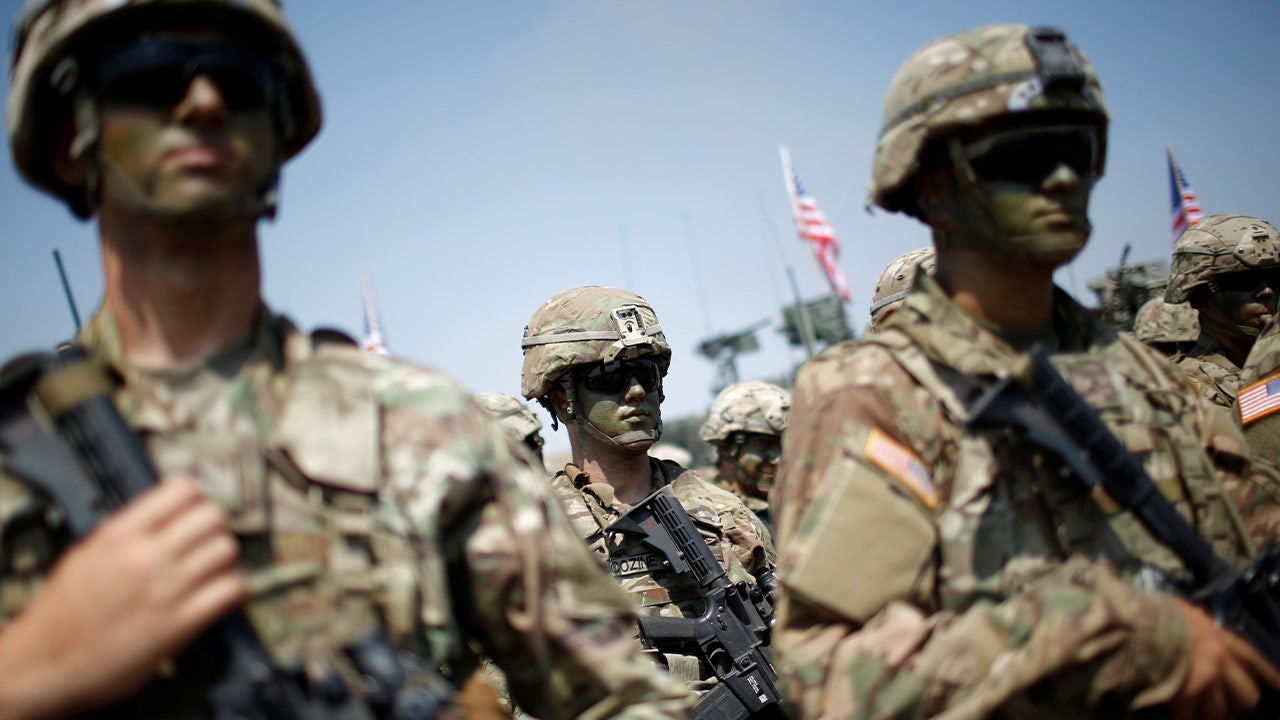“The world is on fire…We are dealing with a polycrisis right now globally and it is the most vulnerable people in the world who are paying the price. We are dealing with the impact of conflicts – multiple conflicts – and crises of longer duration and of more intense ferocity” said Tom Fletcher, UN Emergency Relief Coordinator and head of the UN aid coordination office, OCHA, in an appeal for $47.4 billion to provide life-saving aid in more than 30 countries and nine refugee-hosting regions.
Impossible choices
Dire as OCHA’s new humanitarian assessment is on behalf of more than 1,500 humanitarian partners, it is expected that of the 305 million in need, only 190 million will be reached.
A lack of funding is just one of the reasons why, in countries where populations have endured decades of violence and instability, such as the Democratic Republic of the Congo (DRC).
“In DRC, as with all these conflicts, we are ready to do more, it’s our mission to do more,” insisted Mr. Fletcher. “My people are desperate to get out there and deliver because they really are on the frontline. They can see what is needed but we need these resources. That’s our call to action and we also need the world to do more; those with power to do more, to challenge this era of impunity and to challenge this era of indifference.”
Lac Vert, Goma, DR Congo. Goma has more than 2 million inhabitants, with at least 500,000 displaced people.
Doorstepping role
As the UN’s newly appointed top aid official, Mr. Fletcher pledged to visit the capitals of the world “to bash down doors” of government in search of new partnerships and solidarity for the world’s most vulnerable people.
“I’ve got to find ways to reframe this argument in a way that will resonate with the public at large,” he added.
Citing his past roles as a UK ambassador with experience in conflict and peace building, from Kenya to Lebanon and Northern Ireland, the new OCHA chief stressed the need to ensure that aid continues to flow to where it’s needed most.
“I have a very clear mission around humanitarian delivery,” he said, before paying tribute to the “extraordinary entrepreneurial humanitarian diplomacy” of his predecessor Martin Griffiths, who stepped down in June for health reasons.
Election changes
Asked about the changing geopolitical landscape in a bumper year of hugely significant national and presidential elections, Mr. Fletcher insisted that “it’s not just about America…we’re facing the election of a number of governments who will be more questioning of what the United Nations does…But I don’t believe that we can’t make that case to them; I don’t believe that that there isn’t compassion in these governments which are getting elected.”
In comments to journalists at the unveiling of the Global Humanitarian Overview 2025, Mr. Fletcher confirmed that communities continue to be confronted with multiple crises.
“It’s not just the fact of so many conflicts at the same time, it’s the duration of those conflicts; the average length is 10 years,” he said. “We’re not closing off conflicts before the next ones are starting. And the fact that those conflicts are so ferocious and the impact on civilians is so dramatic. I mentioned Gaza, Sudan, Ukraine as examples of that, with this disregard of international law and in every case, obstruction of our work.”
Climate crisis accelerator
While stressing how many lives have been shattered by conflict around the world – not least in Sudan, where the new UN relief chief spent last week visiting and talking to people uprooted by the war – Mr. Fletcher underscored how severe the climate crisis is on already vulnerable people.
“The dread I have is that those two huge drivers of need are now combining,” he said. And that’s what makes our job so difficult. And they’re often combining in areas that have already suffered huge levels of poverty and inequality.”
Latest estimates indicate that some 123 million people have been displaced forcibly by conflict worldwide, Mr. Fletcher continued. “And among that group, violations against children are also at record levels and I saw this of course in Sudan; one in every five children is living in a conflict zone right now.”
Challenging aid obstacles
Among his priorities, the top UN aid official insisted that guaranteed aid access remains a key issue that he would seek to address. “I talked to our teams in the field every day and they are facing multiple obstructions to getting the basics of humanitarian aid through,” he noted.
“Our job is to get the humanitarian support through, checkpoint by checkpoint, border by border, it’s what I was doing in Sudan…Arguing truck by truck for that humanitarian delivery. That’s our mission.”
Wednesday’s Global Humanitarian Overview 2025 launch in Geneva, Kuwait and Nairobi will also be an opportunity to push for greater respect and understanding of the laws of war and international humanitarian law by combatants, to protect civilians and aid teams who have died in record numbers this year.
“It’s not just the ferocity of these conflicts – Gaza, Ukraine, Sudan, Syria – it’s about that wilful neglect of international humanitarian law,” Mr. Fletcher said. And about the fact and as a result, we seem to have lost our anchor somehow.”





